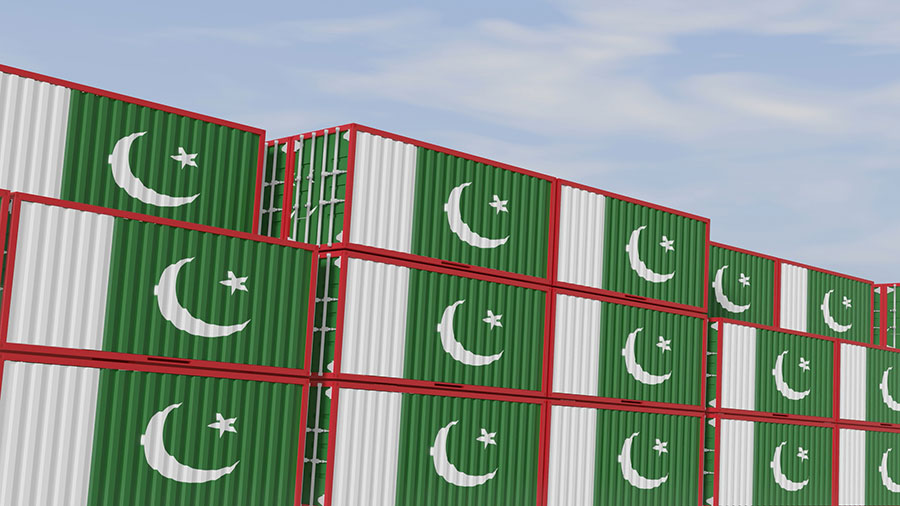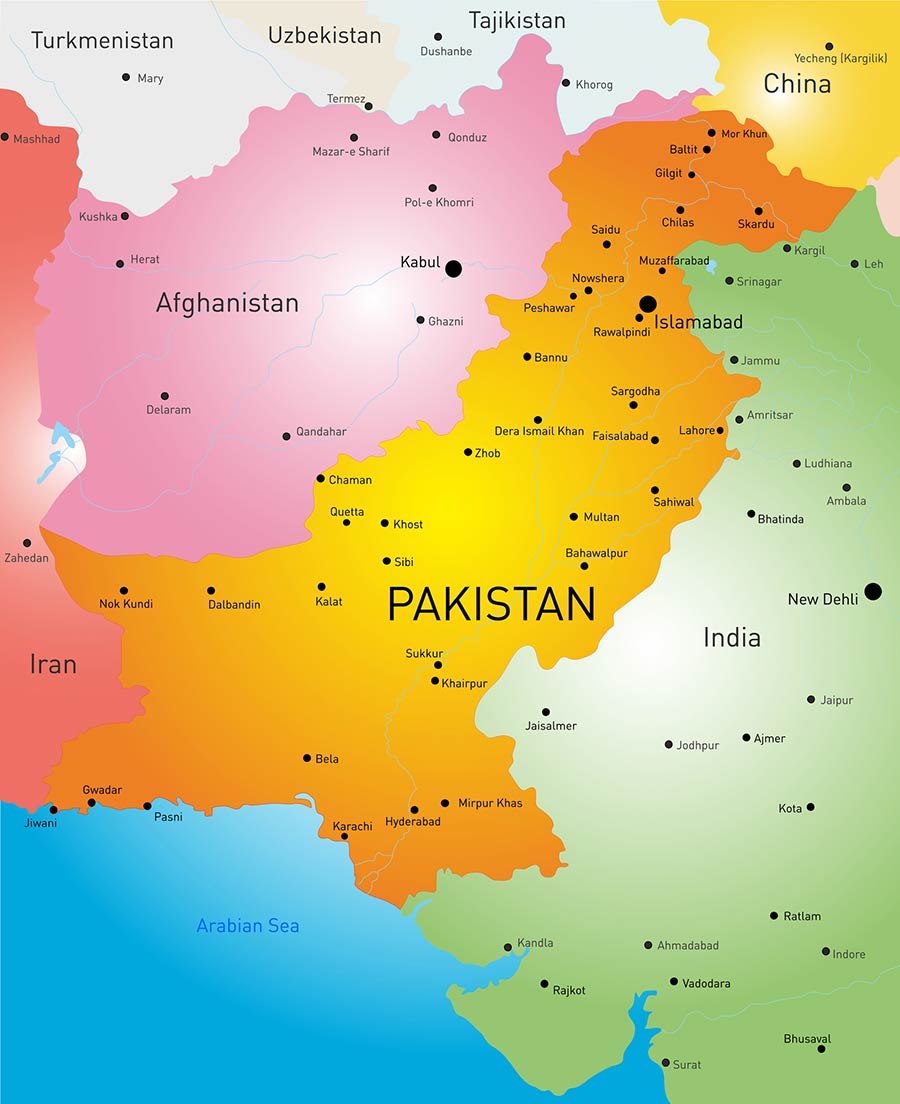Pakistan’s Gwadar Port Receives Additional Funding & Infrastructure

By Chris Devonshire-Ellis
New 2,200 acre free trade zone, university and hospital projects, foreign investors create a shipping volume increase of 59,000 tonnes in 12 months
Imran Khan, Pakistan’s Prime Minister, has launched several new projects at Gwadar Port, a key development on the countries south coast providing access to the Arabian Gulf and Indian Ocean.
Gwadar Port is part of the CPEC project and links to Pakistan’s national road and rail network with links through to China’s Xinjiang Province. It is also an emerging route for transshipment of goods to Afghanistan and Iran.
Iranian access is provided through the nearby Ramadan-Gabt crossing, to a market of some 83 million, additionally connecting via the INSTC to India and onto markets in Turkey, Azerbaijan, and Russia. Access to Afghanistan, and its latent market of some 38 million is via CPEC and routes from Peshawar to Kabul. These have already been tested and are potentially operable once the Afghani situation settles following last week’s exit of the United States military.
Khan inaugurated the North Gwadar Free Trade Zone 2, the Gwadar Expo Centre, the Henan Agricultural Park, and three factories for the production of fertilizers, and vaccines. He also signed off several MoU with Chinese contractors including the building of a new Gwadar International Airport, a hospital, university and water treatment and solar power electricity generating plants.

These new initiatives are to boost Pakistan’s ability to industrialize and develop as an export manufacturing nation, Khan said.
The North Gwadar Free Trade Zone 2 is of interest to foreign investors as it will include bonded areas and tax incentives designed along the Chinese SEZ model that will permit the duty-free import of foreign products to then be aligned with Pakistani made products and either then re-exported to markets elsewhere, using either Gwadar Port or the CPEC network into China, Iran and Afghanistan, or sold onto Pakistan’s domestic market. It comprises 2,200 acres of prime industrial land and is expected to house industry hubs such as leather manufacturing (shoes, handbags, furniture coverings) computer and other electrical products and so on. Pakistani labor is competitive and well educated compared with other areas of South Asia.
Khan said that 46 investors had signed agreements to operate in the smaller, North Gwadar Free Trade Zone 1, with three factories completed and another twelve being built. The zones brochure can be downloaded here.
Gwadar Port trade has expanded because of this with an increase in shipping from just 1,300 metric tonnes in 2019/20 to 60,000 in 2020/21.
Related Reading
- Belt And Road CPEC Projects In Pakistan That Financiers & Investors Should Be Looking At
- Pakistan Looking for Huge Increases in Central Asian Trade
About Us
Silk Road Briefing is written by Dezan Shira & Associates. The firm has 28 offices throughout Asia, and assists foreign investors into the region. For strategic advisory and business intelligence issues please contact the firm at silkroad@dezshira.com or visit www.dezshira.com





